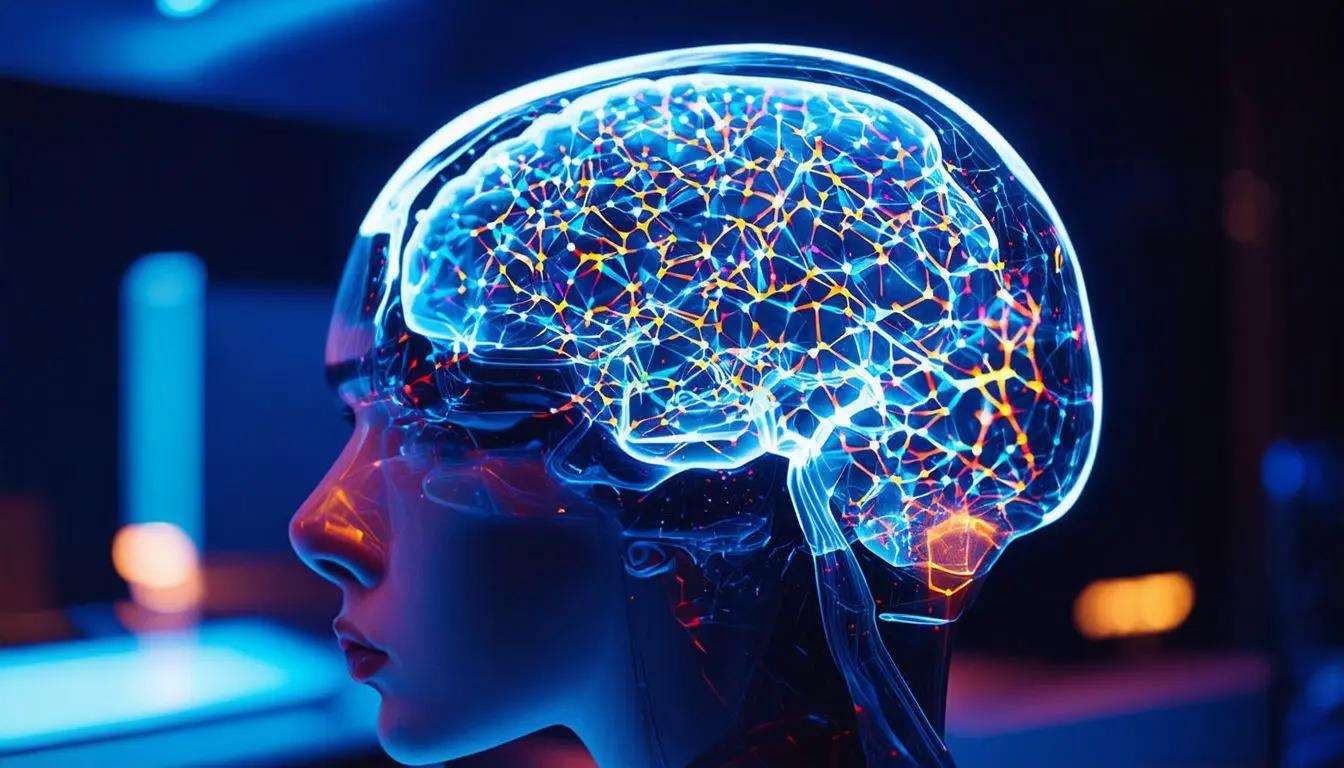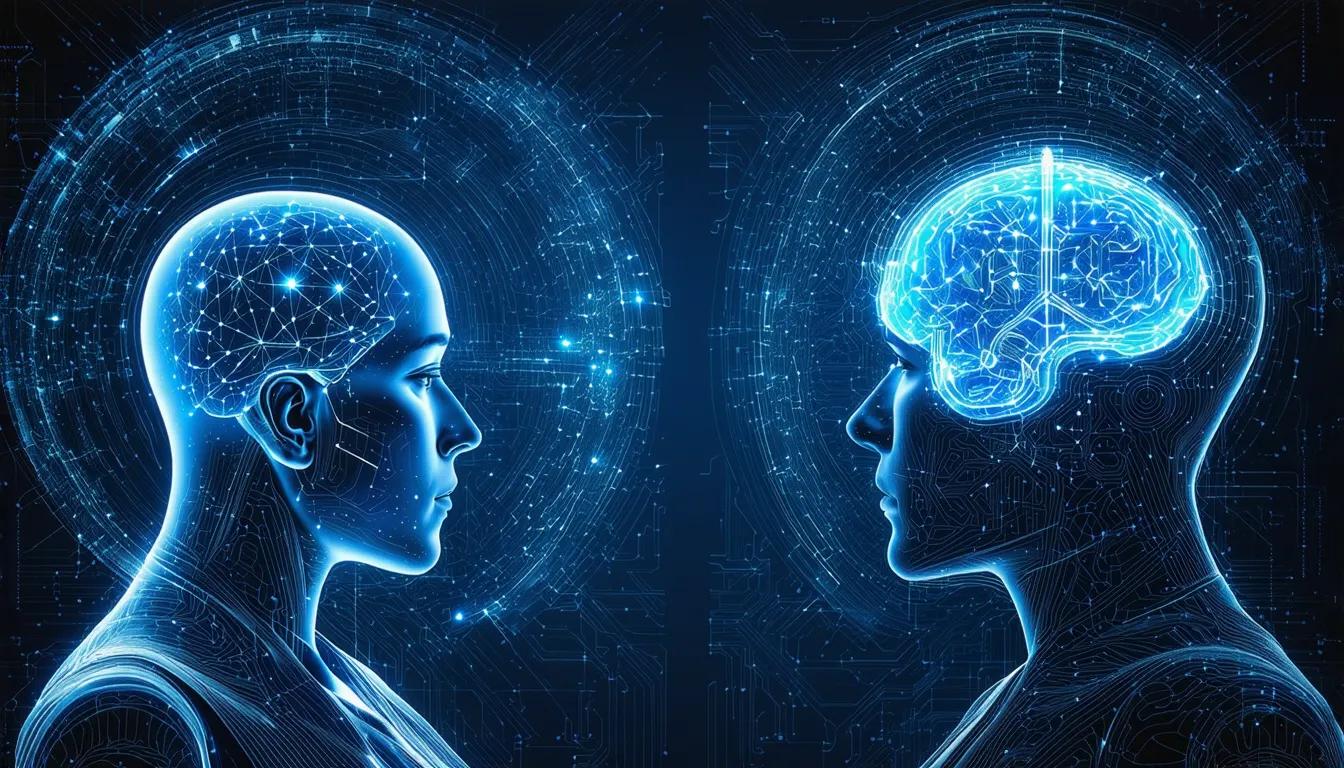July 17, 2024|3 min reading
The Economic, Ethical, and Social Impacts of AI on Society

Artificial Intelligence (AI) has become an integral part of our daily lives, influencing various aspects from healthcare to entertainment. As AI technologies continue to evolve, their impact on society grows, raising both opportunities and challenges that we must address to ensure a balanced and ethical integration.
The Economic Impact of AI
Job Displacement and Creation
AI is reshaping the job market by automating repetitive tasks, which leads to job displacement in certain sectors. However, it also creates new opportunities in tech, AI development, and other emerging fields. The challenge lies in retraining and upskilling the workforce to adapt to these changes.
Boosting Productivity
AI enhances productivity by optimizing processes, reducing errors, and enabling innovations. Industries such as manufacturing, logistics, and customer service have seen significant improvements in efficiency due to AI applications.
Ethical Considerations in AI
Privacy Concerns
The use of AI in data collection and analysis raises significant privacy issues. Ensuring that personal data is handled responsibly and securely is paramount to maintaining public trust.
Bias and Fairness
AI systems can perpetuate existing biases present in the data they are trained on. Addressing bias and ensuring fairness in AI algorithms is crucial to prevent discrimination and promote equality.
AI in Healthcare
Diagnostic and Treatment Advancements
AI has revolutionized healthcare by providing tools for early diagnosis and personalized treatment plans. AI-powered systems can analyze vast amounts of medical data to identify patterns and suggest effective treatments.
Ethical Implications
The integration of AI in healthcare also brings ethical challenges, such as ensuring informed consent and maintaining patient autonomy while utilizing AI-driven recommendations.
AI in Education
Personalized Learning
AI enables personalized learning experiences by adapting educational content to individual student needs. This approach can improve learning outcomes and engagement.
Accessibility
AI can make education more accessible to students with disabilities by providing customized support and resources tailored to their specific needs.
The Future of AI and Society
Regulation and Governance
Developing comprehensive regulations and governance frameworks is essential to ensure that AI technologies are used responsibly. Policymakers, technologists, and ethicists must collaborate to create standards that protect society while fostering innovation.
Preparing for an AI-driven Future
Society must prepare for an AI-driven future by investing in education and training programs, promoting digital literacy, and encouraging public dialogue about the benefits and risks of AI.
Conclusion
AI holds immense potential to transform society for the better, but it also presents significant challenges that must be addressed. By navigating the economic, ethical, and social implications thoughtfully, we can harness the power of AI to create a more equitable and prosperous future for all.
Explore more

Elon Musk’s Vision: AI, Mars, and a Future of Abundance
Explore Elon Musk’s predictions on AI, Tesla’s Robotaxi plans, Starship’s Mars mission, and the role of robots in a futu...

Unlocking the Future: The Revolutionary Potential of Brain Image Reconstruction Technology
Discover how brain image reconstruction technology is pushing the boundaries of science and art by decoding thoughts int...

Can Artificial Intelligence Replace Human Intelligence?
Exploring the capabilities and limitations of AI in comparison to human intelligence.
